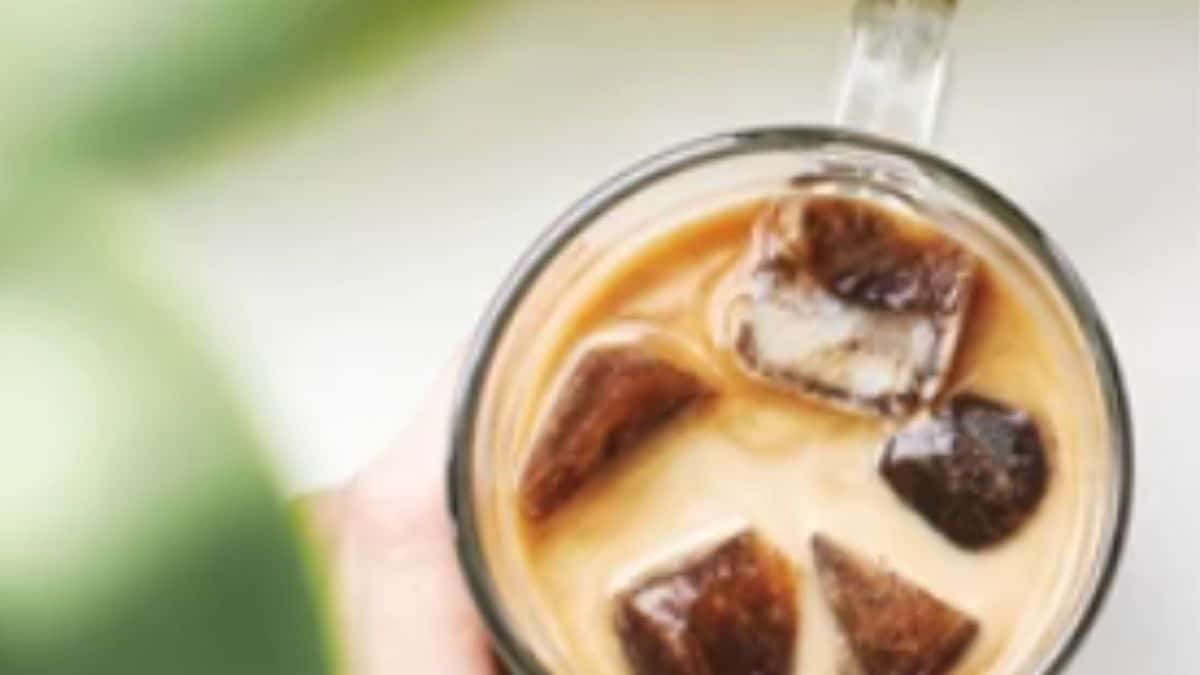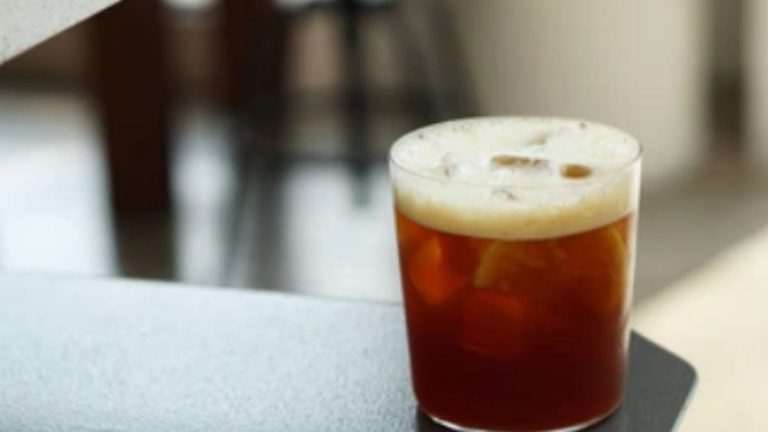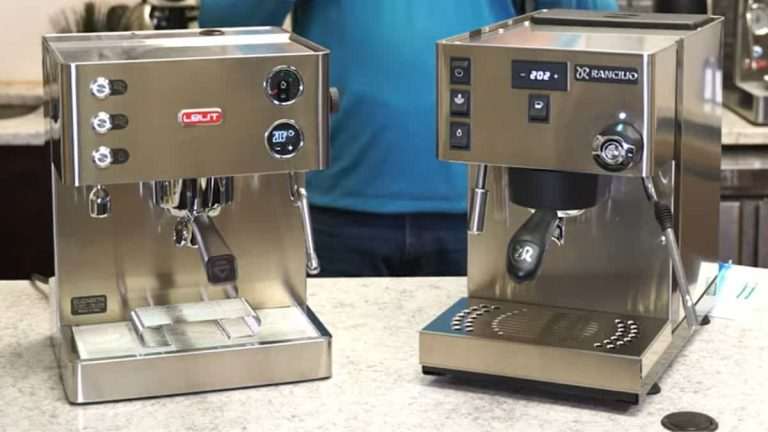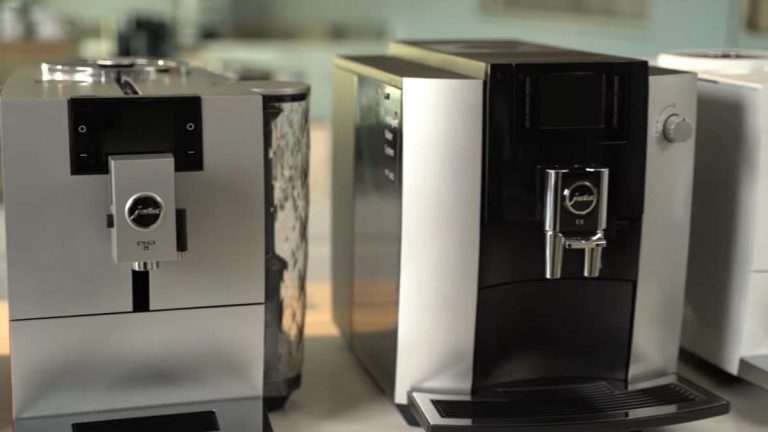Why Does My Coffee Taste Watery?
Coffee has been consistently ranked as a morning favourite among Americans, and it’s no surprise that the number-one indulgence they indulge in is coffee. Whether you choose to drink your coffee black or you prefer to add flavour to it, being able to savour your cup of coffee is vital to enjoying your beverage, so there’s nothing better than ensuring that your brew is delicious each time. Knowing what you can do to ensure the fullest flavour possible will also make for a more enjoyable drinking experience. These five tips should help you get the most out of your daily cup of coffee.
If you have a good supply of coffee then you can get by for a couple of years at least. If you are not using fresh beans, you will notice the difference as they lose their freshness over time. I found out that if my coffee tastes watered down, it is my fault. Maybe due to cold temperature or humidity, maybe due to poor grinding or a small hole in the filter. Maybe because I forgot to run the water through before putting in the coffee (especially with paper filters). The best place to store coffee is in an airtight container like Tupperware in a cool, dark pantry.
Nothing is more disheartening than sitting down to that first, lovely cup of coffee of the day only to learn that it is watery and disgusting. So, what makes your coffee taste watery, and what can you do about it?
There are several reasons why this occurs, as well as some quick and easy solutions. In this essay, we’ll go through everything. By the end, you’ll have mastered the art of brewing a consistently strong and tasty cup of coffee. So, without further ado, let’s get started.
Why does my coffee taste watery?
Table of Contents
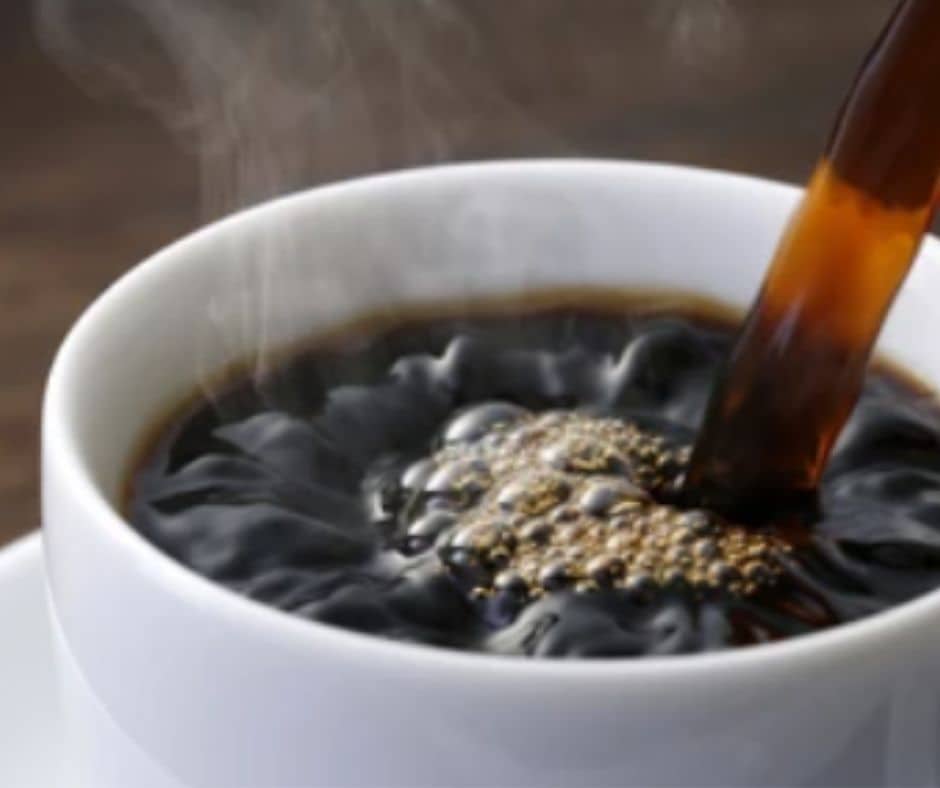
Water is responsible for over 90% of the flavour in coffee. The taste is mainly determined by the quality and mineral content of the water.
There are several reasons why you aren’t getting the rich, filled coffee you desire. These are some of the reasons:
- Incorrect Coffee Grounds to Water Ratio
To get the right strength of coffee, you need to use the right amount of coffee grounds. You’ll wind up with a weak cup of watery coffee if you don’t use enough coffee grounds. This is because the water dilutes the flavour far too much.
It’s vital to remember that the amount of coffee grounds you should use depends on the brewing method. You shouldn’t use the same amount of coffee for a French Press as you would for a Keurig machine. The product’s directions are a fantastic place to start. You can then adjust it to your own tastes and preferences. You may need to add extra coffee grounds if your coffee is too watery.
Regular Coffee to Water Ratio
Chemex 1:17
Pour-Over 1:15
Cold Brew 1:14
- Incorrect water Temperature
During the brewing process, the temperature of the water is crucial. It aids in the extraction of flavour from coffee grinds. If the water is overly hot, the grounds can be scorched, resulting in a bitter cup of coffee. The recommended water temperature for brewing is between 195 and 205 degrees Fahrenheit.
- Allow for proper de-gassing of the coffee beans.
Several users are ignorant that after coffee beans have been roasted, they must be allowed to de-gas before being ground and brewed. The beans will prevent water from adequately soaking through if you don’t give them enough time.
Whenever you roast your own beans at home, make careful to de-gas them before grinding. You’ll get a bad, weak cup of coffee if you don’t.
- Make sure your coffee maker is in good working order.
The overall outcome will be affected if your coffee machine is not working properly.
It’ll also enable you to identify if there are any issues so that you can address them as soon as they arise.
- Choosing the Wrong Coffee Grounds
You will end up with coffee that you do not enjoy if you use the improper type of coffee roast. The flavour of dark roast coffee is deeper and more powerful than that of light roast coffee.
It is also critical that you determine whether the issue is with the coffee grounds or with the brewing method you’re employing. You might want to try a few various kinds and roast levels to see which one you prefer.
It is essential to determine which grind size is ideal for each brewing method.
Brewing Method Grind Size
- Turkish Coffee Super Fine
- Drip Medium
- French Press Coarse
- Pour-Over Medium
- Moka Pot Fine
- Cold Brew Coarse
- Espresso Fine
- Vacuum/Siphon Medium
- The Brew Cycle Isn’t Long Enough
You are not getting the full flavour extraction from the coffee grounds if you do not brew the coffee long enough. One of the main reasons your coffee tastes watery is because of this.
Consider your coffee in the same way you would a cup of tea: if you don’t steep it long enough, it will be too weak. If you brew your coffee for a longer period of time, you should get a stronger and more flavorful cup of coffee.
- Coffee Grounds of the Wrong Size
The majority of people are unaware that different coffee machines and brewing methods necessitate varied coffee grounds sizes. You have perfect control over the size of your grounds if you do it yourself at home with a manual coffee grinder.
If you buy them already ground, make sure you get the correct size. The size of coffee grounds to use with your particular coffee maker should be specified in the manufacturer’s instruction manual.
How do I make my coffee-less watery?
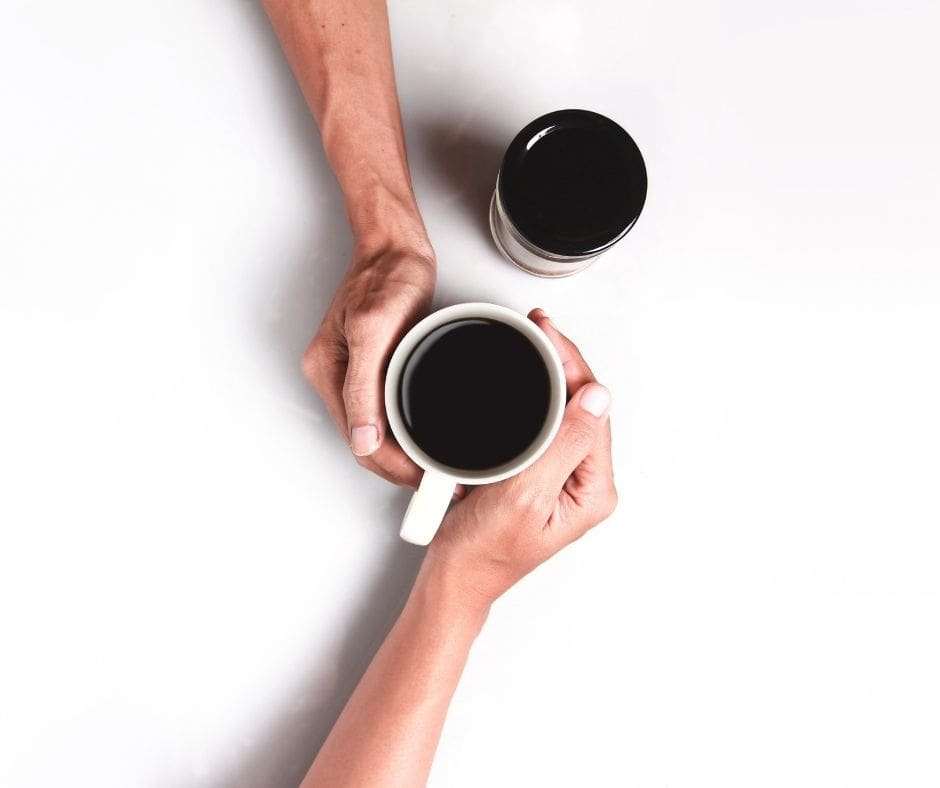
This is a pretty common problem when it comes to making black coffee. The usual culprit is the ratio of coffee grounds to water. The amount of water you use is important because it is directly related to the level of acidity in your coffee. And you are simply looking for a well-balanced cup of coffee as opposed to strong or weak. This will yield much better results for you in terms of taste and texture.
- Add some instant coffee to the mix
You can add a pinch of instant coffee to your cup of watery coffee if you have some on hand. For you, this will make the coffee stronger and more flavorful.
- Re-brew the coffee grounds
Running the brew cycle again is a quick and easy way to fix watery coffee. You can re-use the watery coffee by pouring it back into the machine and running it through a second time with the same coffee grounds. This will extract more flavour from the coffee grinds, resulting in a stronger cup of coffee.
You can enhance the flavour with dark chocolate, vanilla extract, cinnamon, cardamon, and other ingredients.
Here are some ideas for adding sugar to your coffee. If you want to sweeten your coffee without using sugar, this is a good read for you.
- Consider Cold Coffee.
If your current coffee setup produces only watery coffee, you might want to experiment with iced coffee or simply a cold brew.
Because both of these drinks are served cold, you may not find the watery coffee to be too unpleasant.
- Adding some flavored ingredients.
When you don’t have time to rebrew the coffee, add some flavoured creamer or syrups to give it some flavour. This will help to mask the coffee’s weak and watery flavour. While it isn’t the ideal answer, it will come in handy when you’re in a pinch.
If you follow these procedures, you’ll never have a bad cup of coffee again!
Why does my coffee taste thin?
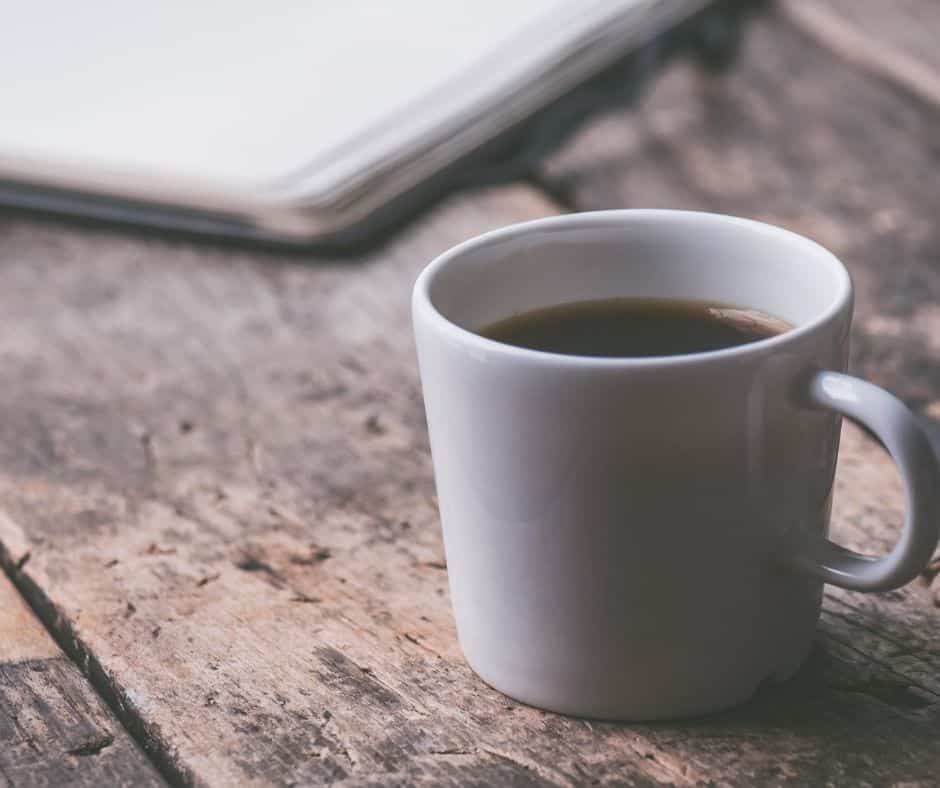
Coffee flavour is largely dependent on the quality and strength of your coffee grind. If you are using a blade grinder this might be an option for you, but there is a big difference between a blade grinder and a burr, or conical grinder. With baristas correct the grind consistency. Grind consistency becomes paramount when brewed at certain steepness parameters, such as 1:15 (17g in 450g liquid water) or higher ratio brews.
Coffee that is improperly ground doesn’t extract properly and leaves the coffee tasting thin and astringent. Also when grinding different coffee beans together improper grind size can ruin the bold blends by creating over-extraction while dulling flavours in delicate Ethiopian coffees. In order for ground/whole bean coffee to have a fuller, more robust flavour, it is necessary to roast the beans at temperatures ranging from 400°F – 500°F. Lightskin, medium and dark roasts are roasted very close to the first crack, which comes between 450-455°F.
The wrong grind, the wrong brew., the wrong amount of time and your brew day can fall victim to all of these difficulties if you don’t have the knowledge and equipment to step beyond the basics. So the next time you pull a shot that isn’t quite up to your standards, try adjusting your grind and learning more about the other factors that affect your brew day. This leads to coffee being weak and thin.
How do you make coffee taste thicker?
Heavy cream imparts the most creamy flavour to your coffee. It’s the same stuff you use to make whipped cream, and it contains at least 36% milkfat. A close second is light whipping cream, which contains between 30 and 36 per cent milk fat.
- Dairy Products High in Fat
The use of high-fat milk or rich-tasting creamers results in luxurious, smooth coffee; the higher the fat content, the better. However, in some cases, whipping creamer into froth provides a creamy texture with less fat. Black coffee has its place as a quick pick-me-up, but when the bitter and acidic flavours of the beverage are balanced with a rich creamer and a hint of sweetness, coffee is elevated to the level of a gourmet treat.
- Milk with Low Fat
Although skim milk (2% milkfat) and nonfat milk (close to 0% milkfat) do not make your coffee taste rich and creamy when simply poured into the cup, they both produce a creamy texture when turned into the foam the bubbles trick your palate into thinking you are tasting fat.
- Add marshmallow
The simple science behind this involves the delicious, sticky fats in the marshmallow. Those fats interact with the flavour particles in your coffee and make them larger and slower-moving – slowing down their movement means they stay in your mouth longer! That makes them seem even creamier. Plus, all of that fluffiness makes for a perfect napping material for any tired campers or hikers looking for a quick rest.
- Include Original Friis
No need to add extra flavourings or creamers to make your coffee taste thicker. Just use the Original Friis. The unique design gets hot water flowing through the filter, infusing your coffee with thick, velvety micro-bubbles that make every cup rich and smooth without sacrificing any of the flavours you love.
- Stainless steel mixer
stainless steel mixer is the tool created to help you make the thickest, creamiest coffee drinks. Used to mix any type of hot or cold drink with ease, this mixing wand can be used for mixing anything from hot cocoa to protein shakes. Its sturdy construction is made for home use as well as commercial applications.
Why does my coffee taste different all of a sudden?
Coffee brewing is a blend of science and art. You don’t want to push certain absolutes, and other factors are up to you to tweak as you see fit. However, the following factors have a general impact on coffee flavour:
- Using old beans: Coffee does not last forever, contrary to popular belief and what some coffee companies may lead you to believe. When coffee is left out for 24 hours, it gradually loses flavour until it completely turns and tastes nothing as it should.
- Using low-grade coffee: In the world, there are two types of coffee: Robusta and arabica. Arabica coffee is generally more flavorful and richer than robusta coffee. Robusta is used in instant coffee and other bulk manufacturing, and Arabica is found in the majority of higher quality and artisan beans.
- The coffee had been improperly roasted: Roasting is a complex process, and there may be inconsistencies across a roast, whether you roast at home or buy from a professional roaster.Using low-quality coffee. You may simply have bad-tasting or bitter-tasting coffee because the coffee you’re using is of poor quality.
- The grind is incompatible with the brewing method.: The final coffee-related reason is that your grind size is incorrect. Grind size is critical because it determines how much of the coffee bean the water interacts with. A coarse grind produces under-extracted coffee that is sour, while a fine grind produces over-extracted coffee that gets stuck in your filter and produces a messy, gritty beverage that is bitter. Smaller, finer grounds for faster, high pressure brews like espresso, and coarser grounds for slower, gradual brews like french press, drip, and cold brew, which require the coarsest grounds possible, is a good rule of thumb for coffee ground size.
- The source of the water: Water is the next culprit in bad coffee flavor. Did you know that using extremely hot water can cause your coffee to become burned?
- The temperature is either excessively hot or excessively cold.: Coffee grounds are extremely heat dependent, so if your water is too hot or too cold, you’ll end up with stale coffee. If you’ve ever had coffee that tasted burnt, it’s most likely due to too hot water.
- The water is of low quality: Although if you drink water from the kitchen faucet and it tastes fine to you, there’s a chance it’s hard water that’s interfering with your coffee extraction.
- Your coffee maker or grinder is dirty: If a coffee maker isn’t clean, you can’t expect it to work properly. You’ll notice that limescale begins to build up inside the coffee maker, especially if you live in a hard water area, at which point you’ll need to thoroughly clean the machine. Wash your coffee maker is simple. it’s also known as descaling, and there are numerous solutions available.
Conclusion
Although the science of unusual ways to make coffee richer is not settled, some ideas are worth trying. Before adding water, add a bit of salt to the coffee grounds.
Getting the correct brew, beans, and roast will take some time and experimentation, but that’s the fun part of being a home barista! You’ll get to try a variety of coffees and methods, as well as learn a lot in the process!
All because your friends enjoy a certain coffee does not imply that you must as well. The beauty of coffee is that there is so much variety that there is literally something for all.
Everyone is unique, and in something as subjective as coffee tasting, you may discover that you simply do not like this particular coffee.

